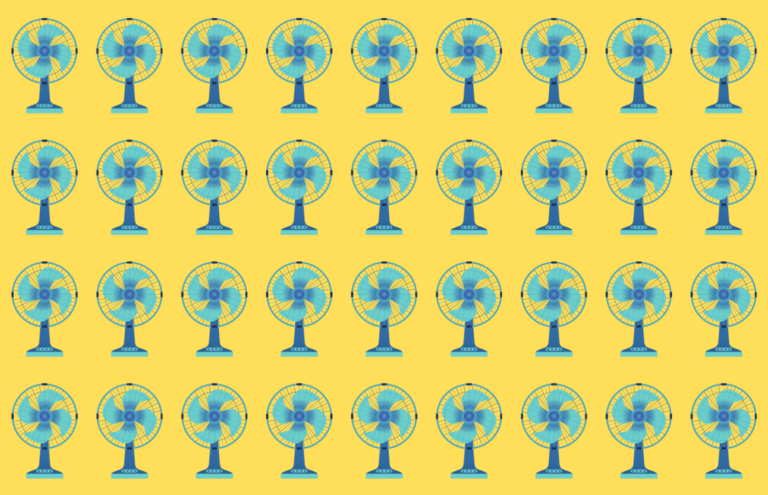Every state across the country has already been plagued by extreme heat this summer, and the current heat wave in the Southwest is breaking heat and duration records. Sweaty messes aside, many Americans’ health may be at risk, as an average of 702 heat-related deaths occur every year in the U.S. (CDC).
According to the WHO, extreme heat “compromises the body’s ability to regulate temperature and can result in a cascade of illnesses, including heat cramps, heat exhaustion, heatstroke, and hyperthermia (WHO).” In addition to sky-high temperatures, factors like age, medications, health conditions, and other risk factors can make you more susceptible to heat-related illnesses. Consult your doctor for specific precautions you should take if you are a heart or lung patient or take a vasoconstrictor, beta blocker, diuretic, antidepressant, or antipsychotic.
Even if you live somewhere where it is hot year-round, a heat wave, no one is excluded from these reminders (we’re very friendly here). That said, make sure you…
Check your backseat when hurrying out of your car. Unfortunately, pediatric vehicular heatstroke (PVH) is the number-one cause of death “for non-crash vehicular deaths” in children in the US (NWS). It’s always worth a second glance to save a life; this goes for pets, too! On that note…
Keep pets cool and/or inside on super-hot days, and refill the water bowl regularly.
Think through that outdoor workout or sport before you go. No matter how strong you feel, athletes (both amateur and pro) are at risk of heat-related illness. Consider the pros and cons of strenuous activity in extreme heat (Mayo Clinic).
Hydrate! While this reminder is an obvious one, it bears repeating. Drinking plenty of water can help regulate your body temperature and has countless other benefits – not to mention that it’s super satisfying on a scorching day. Remember that iced coffee and tea, regular and diet soda, alcohol of any kind, high-protein smoothies, and some high-sugar juices dehydrate even if they quench your thirst. However, you get bonus points for sipping something with hydrating with electrolytes.
Know when to stay indoors. The coolest time of day during the summer is usually early in the morning and later at night, so go outside accordingly. The heat peaks at different times in different locations – NYC might be overheating at noon, but Austin hits its high around 4 or 5 pm. If you’re traveling, make sure to take note of local nuances.
Watch your alcohol intake. Alcohol dehydrates the body, making you more susceptible to heat stroke or heat exhaustion. Make sure you don’t overdo it on your boozy beverages, and keep drinking water if you are imbibing.
People (and pets) of all ages, health, and tolerance levels are at risk for heat-related illness. For more info on staying safe this summer, contact us today.


